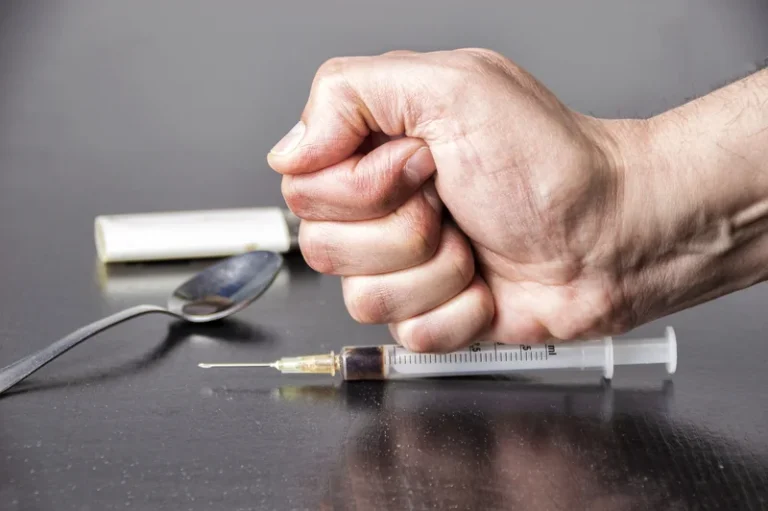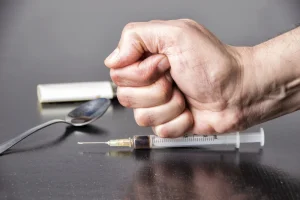What Happens When You Stop Drinking Alcohol?

Kendra Cherry, MS, is a psychosocial rehabilitation specialist, psychology educator, and author of the “Everything Psychology Book.” Food can absorb the alcohol in beverages, so eating before or even while you drink can dampen the effect and may make you want to drink less, says Crews. You might reach for alcohol when you’re really just thirsty, says Crews. Drink a cup of soothing tea or a tall glass of water before tips to quit drinking you imbibe—once your thirst is quenched, you may not feel the need for as much—or any—alcohol.
Who is more at risk for severe alcohol withdrawal symptoms?
In a large-scale study of alcohol treatment methods, researchers found that a combination of medical management, medication, and cognitive-behavioral interventions was most effective. The study also showed that there was no single treatment approach that was right for every individual. One study found that attitude-related barriers were the most common obstacle that people face before entering treatment for an alcohol use disorder. Prepare yourself for those times when someone is going to offer you a drink. You might also hold onto a nonalcoholic drink instead, ask a friend to support you in difficult situations or simply exit early if temptation gets too strong, the NIAAA suggests. Remind yourself of why you want to cut back, talk to a friend about it and distract yourself with a hobby or exercise, the NIAAA suggests.
Is Sobriety Worth It? 7 Questions to Ask Before You Decide
Maintenance medications (like acamprosate, naltrexone, https://ecosoberhouse.com/ and others) can help you guard against relapse. Meanwhile, continuing to meet with a recovery coach or therapist can give you strategies for navigating tough challenges, and a supportive ally to keep you moving forward. Drinking triggers are another aspect of recovery that benefits from some planning and some practice. As with cravings, finding a support system makes a big difference—whether you attend rehab or not. While it has taken some time to catch on, anti-craving medication is an increasingly popular way to treat alcohol use disorder.

Ready to make a change?

In particular, she’s committed to helping decrease stigma around mental health issues. You might run into obstacles along the way that tempt you to drink. Keep in mind the reasons you chose to cut back on or quit alcohol.
- If you find that the 12-step philosophy of AA isn’t the right match for you, there are other support group options, including SMART Recovery, Women for Sobriety, and LifeRing, among others.
- Perceived social support can play an important part in alcohol use recovery.
- You may find it helpful to look for mutual support groups, such as Alcoholics Anonymous and other groups, where you can connect with people who share experiences similar to yours.
However, if you are in pursuit of something new and better, you’re more likely to stick to it. This fear gives you a healthy respect for the process and ensures that you take it seriously. It doesn’t matter what you’re specifically afraid of, but you must acknowledge that you ARE afraid.

Disulfiram, also known as Antabuse, has been available since the mid-20th century, and is known for being a fairly harsh approach. Naltrexone, approved to treat alcohol addiction since the 1990s, can limit the pleasurable effects of drinking without making you feel sick. For those who are already sober and want help avoiding relapse, there is also acamprosate, which can help rebalance your brain chemistry after quitting. If you’re addicted to alcohol, it’s unlikely that you’ll be able to recover without some form of addiction treatment.

